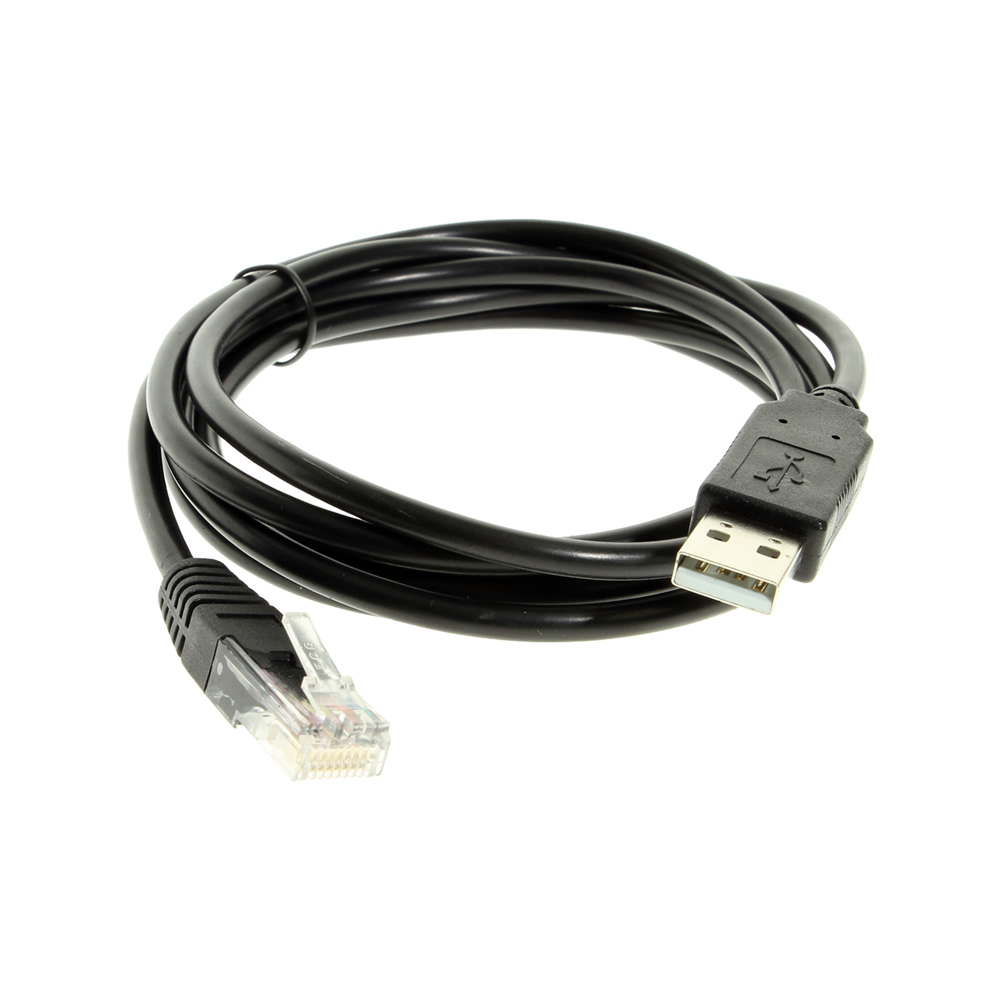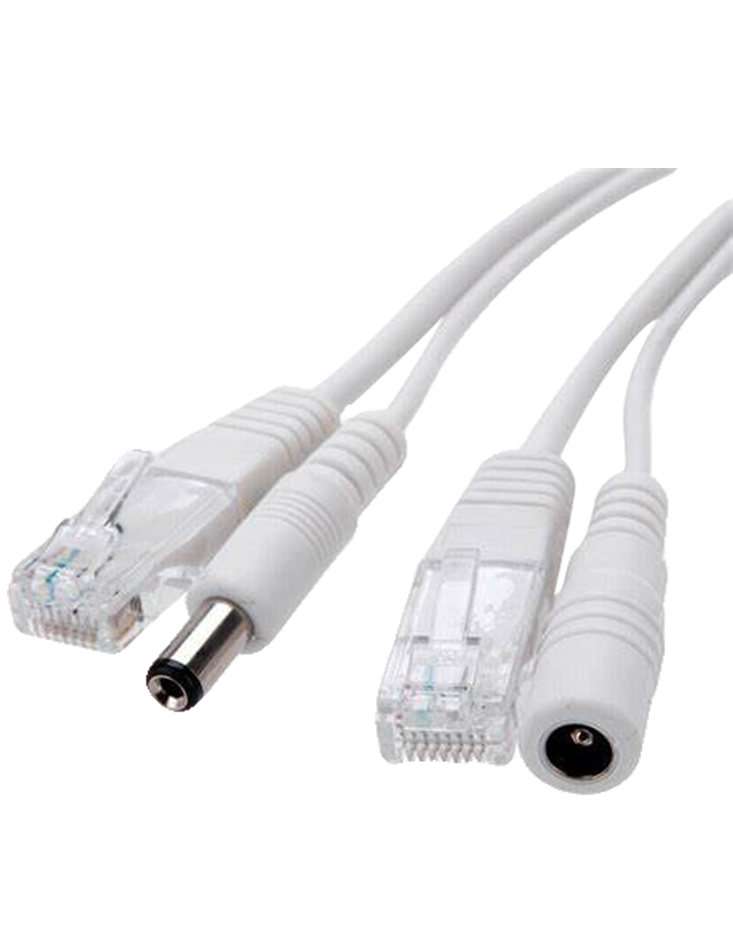Views: 0 Author: Site Editor Publish Time: 2025-08-18 Origin: Site








Do all USB to serial adapters perform the same function? While they seem similar, not all adapters are created equal. These devices convert USB signals to serial ports like RS-232 or RS-485, but differences in compatibility and performance can affect their effectiveness.In this post, we’ll explore the variations in USB to serial adapters and how to choose the best one for your needs.

Why do different chipsets matter?
USB to serial adapters use various chipsets, which affect their performance. FTDI and Prolific are two common chipsets. FTDI typically offers better compatibility and stability, especially on 64-bit systems. Prolific is also reliable but may have installation issues.
Impact on stability and transfer rates
The choice of chipset can affect data stability and transfer speeds. FTDI chips often deliver faster and more consistent data transfer, while Prolific may be slightly slower in certain setups.
Are they universally compatible?
Not all adapters work with every device. Make sure the adapter matches both your operating system (Windows, macOS, Linux) and the serial device you want to connect (barcode scanner, medical equipment, etc.).
Ensuring device compatibility
Check the manufacturer's specifications for your specific equipment. Some adapters are designed to work seamlessly with specific devices, while others offer broader support.
How do they affect performance?
Different adapters support various baud rates, which directly impact the speed of data transfer. It’s important to match the adapter’s baud rate with your device’s requirements for optimal performance.
Choosing the right baud rate
Ensure your adapter supports the baud rate your device needs. Some devices, like industrial machines, may require higher baud rates for faster communication.
What’s the difference?
Industrial-grade adapters are built for harsher environments. They often include protection features like ESD protection and rugged enclosures. Consumer-grade adapters, on the other hand, are designed for general use in office or home environments.
Which type to choose?
For office use, a consumer-grade adapter will suffice. But if you're working in a warehouse or industrial setting, an industrial-grade adapter with additional protection is essential for reliability.
How do the physical connection standards affect adapter performance?
USB and serial port standards differ in terms of speed, data transfer, and compatibility. For example, USB 2.0 supports speeds up to 480 Mbps, while USB 3.0 can handle 5 Gbps. USB-C, the newest standard, offers even faster speeds and is reversible for easy use.
On the other hand, serial ports like RS-232, RS-422, and RS-485 have different roles. RS-232 is commonly used for basic, point-to-point connections. RS-422 supports higher speeds and longer distances, while RS-485 is great for networks involving multiple devices.
USB 2.0 vs USB 3.0 vs USB-C
USB 2.0: A reliable standard, but slower compared to newer versions.
USB 3.0: Offers much faster data transfer, ideal for high-speed devices.
USB-C: The latest connection standard, offering both speed and flexibility, often used in modern laptops and phones.
RS-232, RS-422, and RS-485 serial ports
RS-232: Common for shorter distances and simpler setups.
RS-422: Used for higher speeds and longer distances, typically in industrial setups.
RS-485: Excellent for long-distance, multi-device networks, perfect for industrial communication.
What are the common issues people face?
Many people struggle with driver problems. Sometimes the adapter doesn’t come with the proper driver, or the driver might not be compatible with the operating system. Installation issues can also arise, leading to connection failures.
Performance problems
Another common issue is poor performance, especially with different operating systems. Adapters may work fine on one OS but cause issues on others. For example, adapters might perform poorly on older Windows versions or macOS.
Troubleshooting tips
If you experience signal loss or data errors, try the following:
Ensure the correct drivers are installed.
Check the cable connections and make sure they’re secure.
Restart the system to reset the connection.
How to resolve compatibility issues?
Compatibility problems are often caused by mismatched drivers or improper adapters. Ensure you’ve installed the latest drivers for your operating system and device.
Universal vs. brand-specific adapters
Universal adapters offer broader compatibility, but brand-specific ones can work better with certain devices. If you’re using specialized equipment, consider using a brand-specific adapter for the best performance.
What factors should you consider?
When selecting an adapter, the first step is identifying which serial port protocol you need: RS-232, RS-485, or RS-422. Each protocol has different uses. RS-232 is common for point-to-point connections, while RS-485 is ideal for networks with multiple devices.
Number of COM port connections
Think about how many connections you need. Some setups require just one port, while others may need multiple ports. Multi-port adapters can handle several devices at once.
Power supply considerations
Some adapters need external power sources, while others can draw power from your USB port. Choose one based on your setup’s needs.
Chipset choice: FTDI vs Prolific
FTDI chipsets offer better compatibility and stability across various systems, especially on 64-bit operating systems. Prolific chips are reliable but may have occasional installation issues.
Does the price affect quality?
Yes, the price often reflects the quality of a USB to serial adapter. Lower-priced adapters may use cheaper materials and components, leading to poorer performance and shorter lifespan.
Differences between cheap and high-end models
High-end adapters are more durable and offer better support, while cheap models might break down sooner or have unstable performance.
Longevity and durability
Investing in a more expensive adapter may ensure better durability, especially in industrial or harsh environments, where reliability is key.

How do environmental factors affect your choice?
If you’re working in a harsh environment, factors like extreme temperatures and humidity can affect your adapter's performance. Industrial environments often need more durable adapters.
Protection features
Adapters designed for tough environments often include protection like circuit isolation or ESD protection. These features safeguard your equipment from electrical surges or static discharge.
Do you need a mountable USB to serial adapter?
For industrial use, you may need a mountable adapter.
Mounting options
You can choose from several mounting styles: DIN rail mounting, surface mounting, or rack mounting. These options provide flexible installation depending on the space and setup of your work environment.
USB to serial adapters differ in many ways, including chipsets, compatibility, and data transfer rates. Key factors like the serial protocol (RS-232, RS-485, etc.), power requirements, and environmental conditions should guide your choice. Always ensure the adapter meets your device's needs, whether for general or industrial use. By considering these aspects, you can select the best adapter for optimal performance and reliability.
A: Not all USB to serial adapters are compatible with Windows 10. Ensure you install the latest drivers, especially for FTDI and Prolific chipsets, for smooth performance.
A: USB to serial adapters can work with various devices like barcode scanners, printers, and industrial machinery, but ensure the adapter matches your device's serial protocol.
A: RS-232 is for point-to-point connections, RS-485 supports multi-device networks, and RS-422 is used for longer distances at higher speeds.
A: FTDI chips offer higher compatibility, better stability, and support for 64-bit operating systems, unlike Prolific, which may face installation issues.
A: Yes, industrial-grade adapters are designed for harsh environments, offering features like ESD protection and rugged enclosures, ideal for industrial machinery.